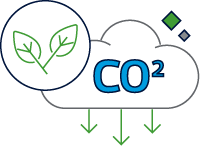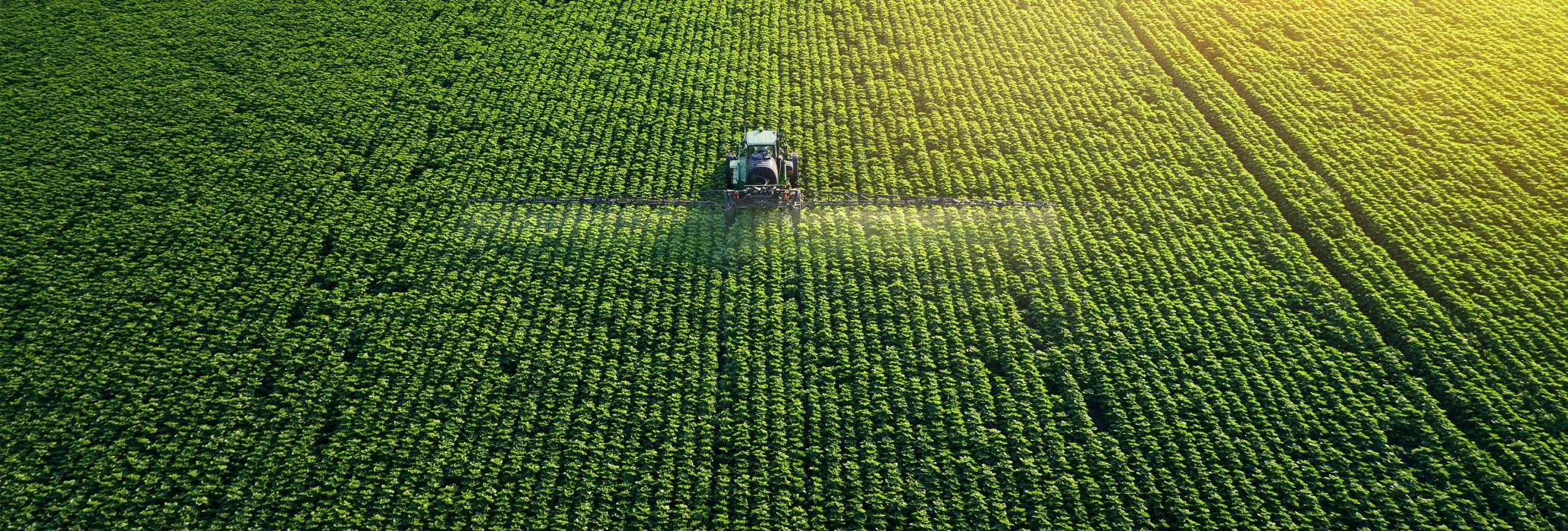As part of Australia’s broader climate action, the Australian Government legislated mandatory sustainability reporting, beginning January 1, 2025.
Sustainability reporting is only mandatory for entities that are required to prepare a financial report and exceed two out of three qualifying thresholds. The current minimum threshold to be classified as a reporting entity is exceeding any two of the following: $50m in consolidated annual revenue, $25m in consolidated gross assets, or 100 employees.
Based on these limits, your typical family farming business in Australia will be breathing a sigh of relief.
However, there is still cause for concern.
From 1 July 2026, reporting entities will need to disclose their ‘Scope 3’ emissions in their sustainability reports. This means they will need to measure and report on the indirect emissions from businesses in their supply chain. For a bank, this includes the businesses it lends to. For a purchaser of agricultural produce, it includes emissions produced by the farms from which they purchase.
This means that every family farm that works with a reporting entity will need to know their carbon footprint.
If you can’t provide this information, you risk receiving a lower price for produce, a higher cost to your debt funding, or being locked out of certain markets altogether.
Some reporting entities have begun proactively supporting their clients and suppliers as they prepare for the new sustainability reporting requirements. Notably, banks and major produce processors are among those providing early assistance to help businesses in their supply chains understand and meet the upcoming obligations.
However, it’s important for small farms not to rely on this kind of support. This is an act of self-interest, not altruism, and it won’t be offered universally. Only key businesses within the supply chain—those of significant size or importance—are likely to receive support. A small family farm with minimal debt and a minor role as a supplier is unlikely to benefit from this kind of assistance.
Therefore, family-run farms must begin educating themselves on these reporting requirements and considering their options for addressing the reporting needs of their stakeholders when the time comes. 
Many agribusiness service providers, such as accountants and consultants, already offer greenhouse gas emissions and sustainability reporting services to farming businesses. Despite the availability of these services, their uptake remains relatively low at present. This is largely because the process of gathering information for such reporting is still voluntary. As a result, it is mainly small businesses that either want to be well-prepared for future requirements or are simply interested in understanding their sustainability impact that are choosing to engage with these offerings.
There are currently a few accounting software add-ons in development that aim to meet this need. If these solutions prove effective, they could lower both costs and inconvenience for small businesses. However, until their efficacy is established, family-run farms that fail to prepare may face considerable financial challenges and risk becoming second-class corporate citizens.
FOR MORE INFORMATION
If you would like to learn more about the topics discussed in this article, please contact your local RSM office.





